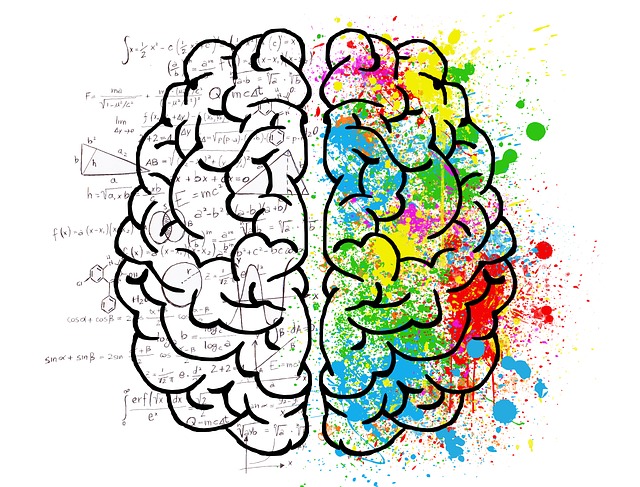A couple of years ago I got a coffee ‘to-go’ from the neighborhood coffee shop on my way to work. I usually have my own mug with me but didn't that day. No problem.
Not too long after arriving at work, my body started freaking out. I was sweating, my heart was beating out my chest, I was jittery, my mind was racing and I started feeling panicky like never before.
It came out of nowhere and was totally scary. My day was busy and there was a lot on my mind but this was weird.
I started taking some deep breaths to try to calm myself down. That worked marginally, but I could still feel my heart and my mind was still racing. I didn’t know what was happening. Was this a panic attack? I’d never had one before but definitely knew about them.
At some point, I glanced at my paper coffee cup and noticed the barista’s markings for my order. It read “shot in dark”. “What?” I thought to myself, this was supposed to be just a regular coffee.
I then realized that my reaction was a result of accidentally picking up the wrong coffee order at the coffee shop that morning! Instead of my usual coffee, I had drunk one with two extra shots of espresso! No wonder my body and mind were freaking out! I had just bombarded it with a super high jolt of caffeine and it was reacting as I would’ve expected it to.
I felt better instantly. Well, my body was still a jittery mess due to the caffeine coursing through my veins and my mind was still faster than usual but once I realized this logical reason for my reactions, I was at ease. It was a false alarm brought on my a ‘shot in the dark’.
Upon labeling it a false alarm, all of those symptoms that had captured my full attention and had me so worried soon became a fading-into-the-background noise. My symptoms were still happening but they no longer gripped me with their power.
I got back to work and waited it out.
You can do this too with your anxiety. There are so many similarities.
If you start to feel your body anxiously amping up, check in. If something isn’t immediately requiring your “fight or flight” reaction label it a false alarm.
Anxiety triggers false alarms. Teach your mind to settle down with the realization that this type of experience can be attributed to ‘anxiety’ just as my type of experience could be attributed to too much caffeine all at once.
Just like my accidental coffee with a double shot of espresso, your anxiety is something real and once it has been activated it needs to quietly run its course in the background. Important point: In the background! Label it a false alarm and then turn your attention back on to what you were doing or need to do.
Remind yourself periodically if you need to that you’re experiencing a normal reaction to something that just triggered your anxiety (usually a thought) and that you can let it dissolve.
Your anxiety is super uncomfortable because it captures your full attention and usually spirals to become even bigger. Check it. Label it. Forget it.
Have you ever had an experience that mimicked anxiety? What happened? How did you deal with it?












